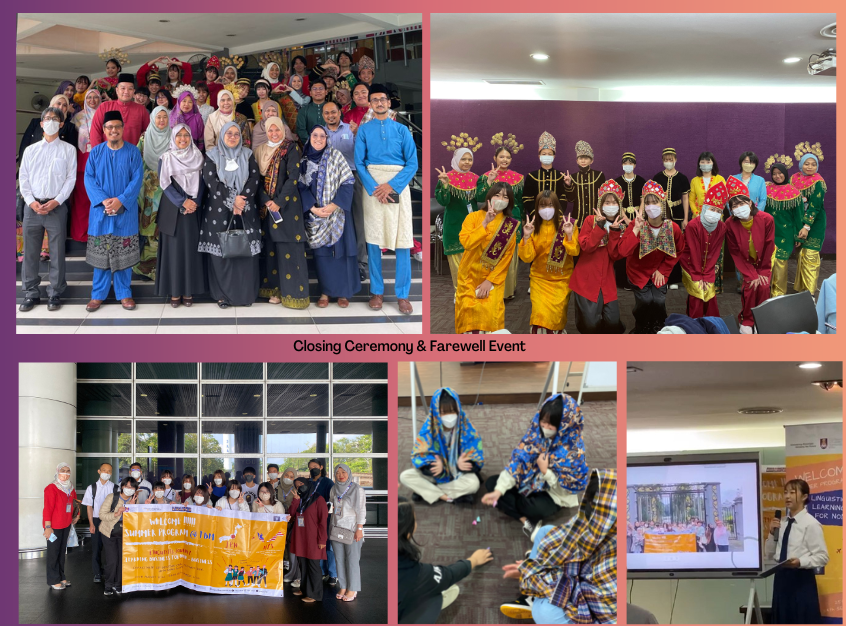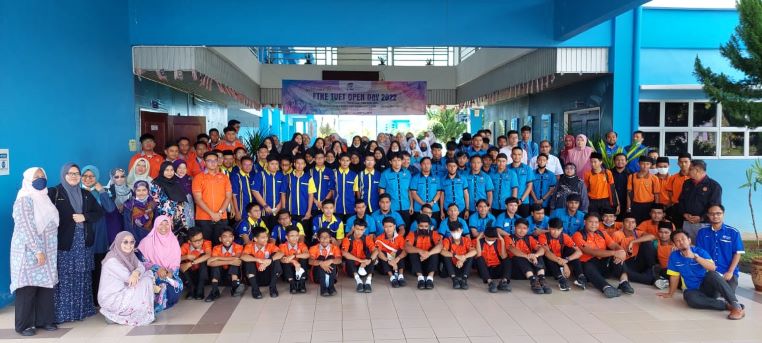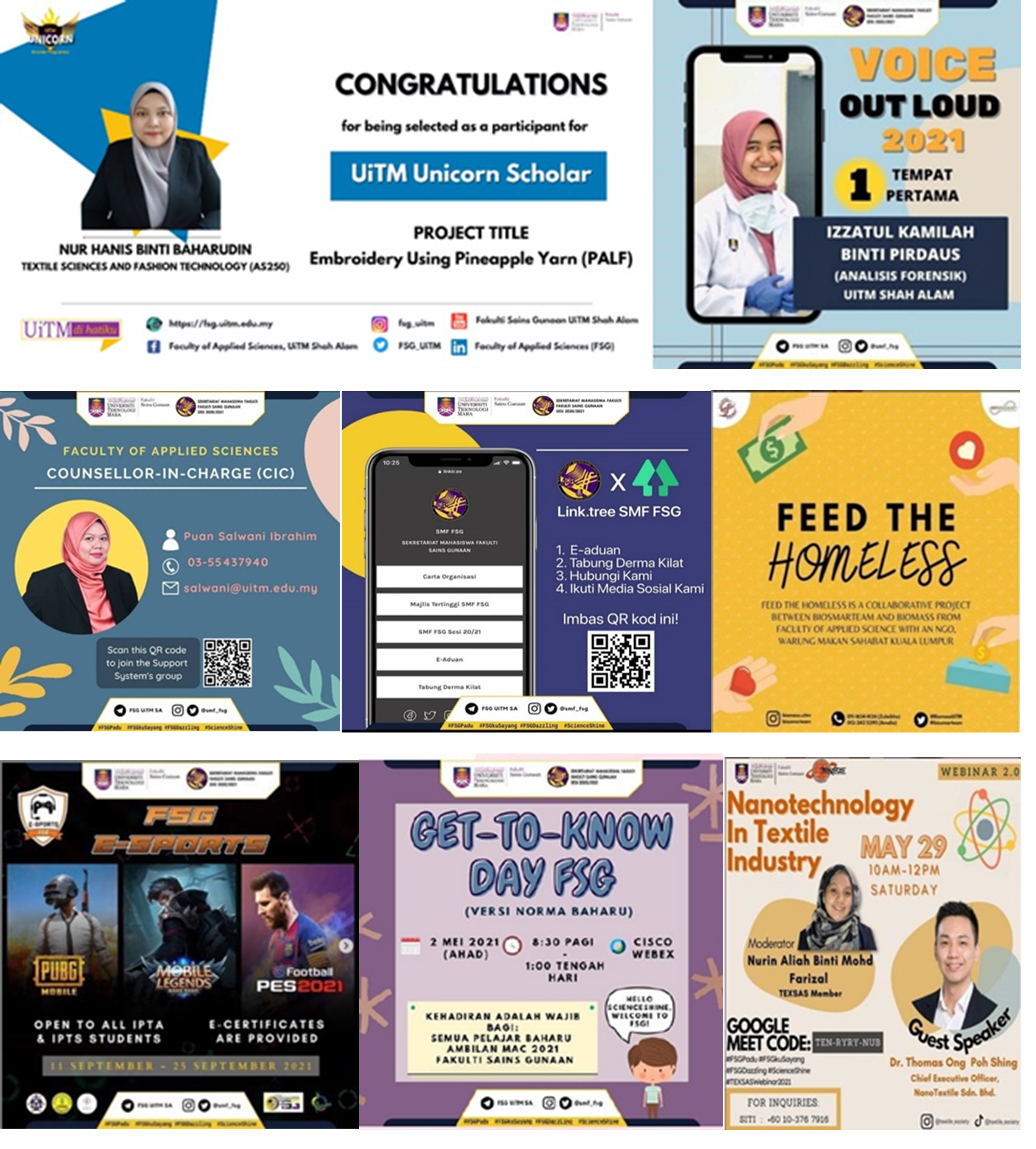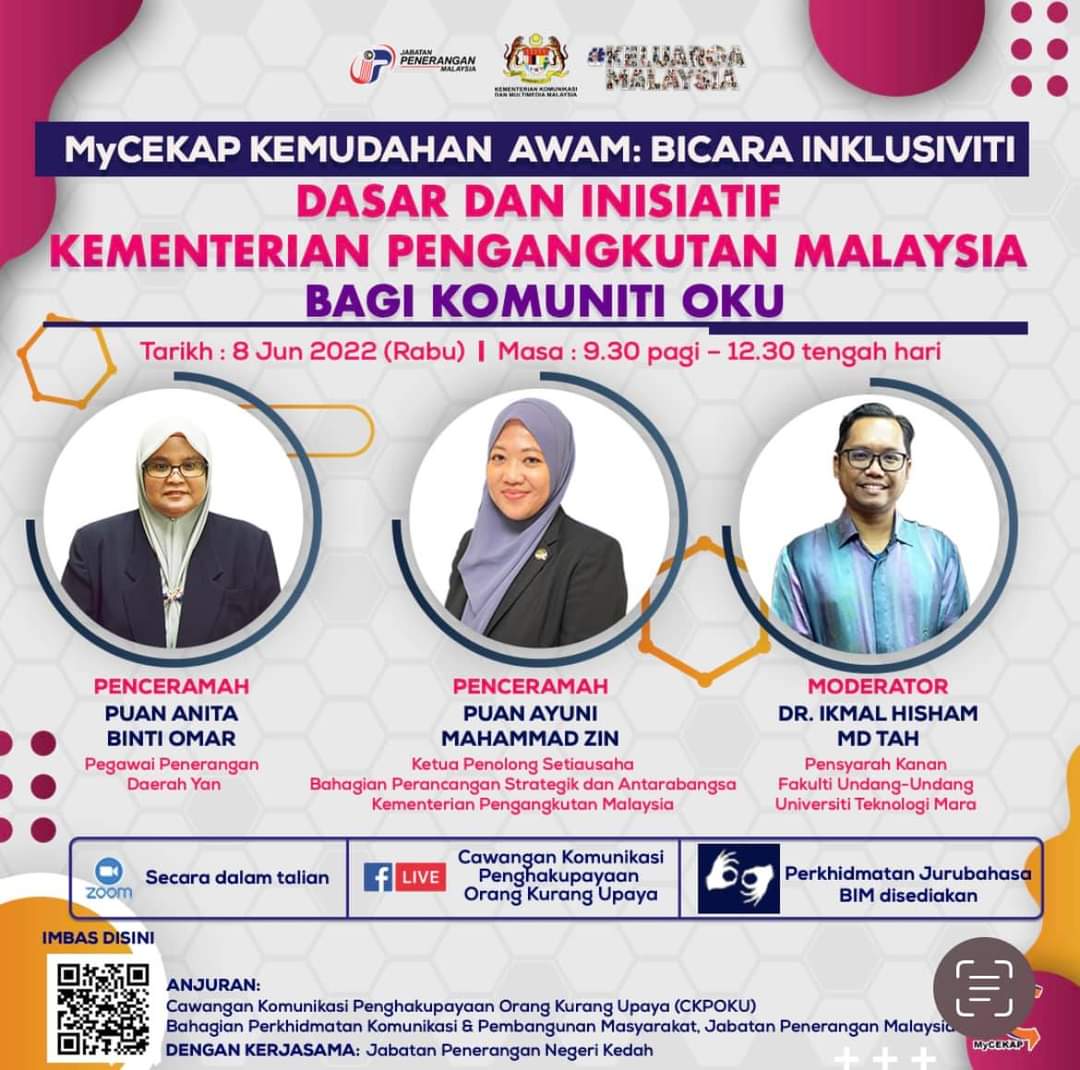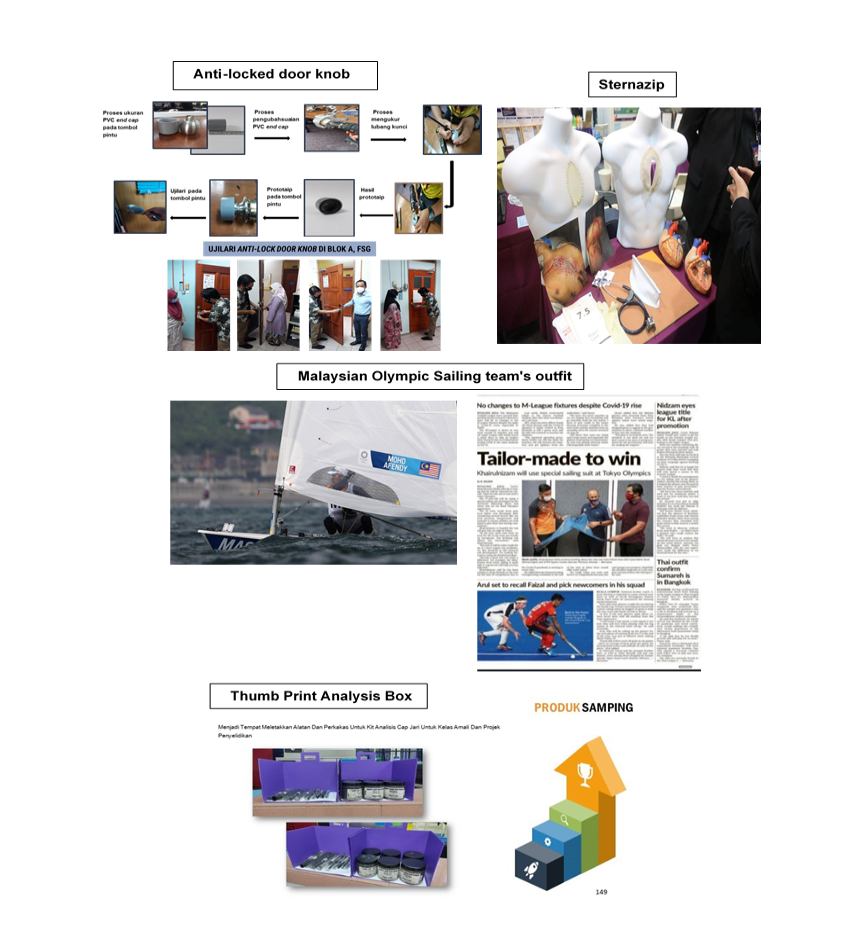UiTM has signed a Memorandum of Understanding (MoU) with the Research and Education Development (READ) Institute, Indonesia. READ collaborating with the Faculty of Education and Teacher Training of IAIN Palopo, Indonesia provides a platform called the International Journal of Asian Education (IJAE) that welcomes and acknowledges high-quality original papers about education written by researchers, academicians, professionals, and practitioners over the world. IJAE has been approved for inclusion in the European Reference Index for the Humanities (ERIH PLUS).
International Journal of Asian Education is a publication of general education studies. It offers professional and academic analyses of global issues at all stages of education, both formal and informal. It publishes peer-reviewed articles by international authors across a variety of education and viewpoints, including pedagogy and instruction, history, philosophy, psychology, sociology, international and comparative education, and educational leadership. Articles provide original insights into formal and informal education policy, service, processes, and practice and the experience of all those concerned in a variety of countries around the world.
The MoU agreement that has been initiated by Ts. Dr. Duratul Ain Tholibon, senior lecturer from the Civil Engineering Studies, College of Engineering, UiTM Pahang Branch, Jengka Campus, Malaysia has met the performance indicator of PI No. 74 and 90 i.e., new MoUs with international industrial and universities related to academic or research activities. This MoU agreement was signed on a desk-to-desk basis, which was represented by YBhg. Prof. Ts. Dr. Mohd Ilham Bin Adenan, Rector of UiTM Pahang Branch, while READ was represented by Dr. Dodi Ilham, Director of the READ Institute.
This MoU agreement will be forged for one year to increase collaboration between UiTM and READ. It is hoped that this MoU will strengthen, promote, and expand international collaboration
in the fields of academia, culture, and research. This MoU signing initiative is aligned with the Sustainable Development Goals (SDGs) No.17, which focuses on partnerships for the goals. It is hoped that these efforts will highlight UiTM Pahang Branch Campus’ global visibility.



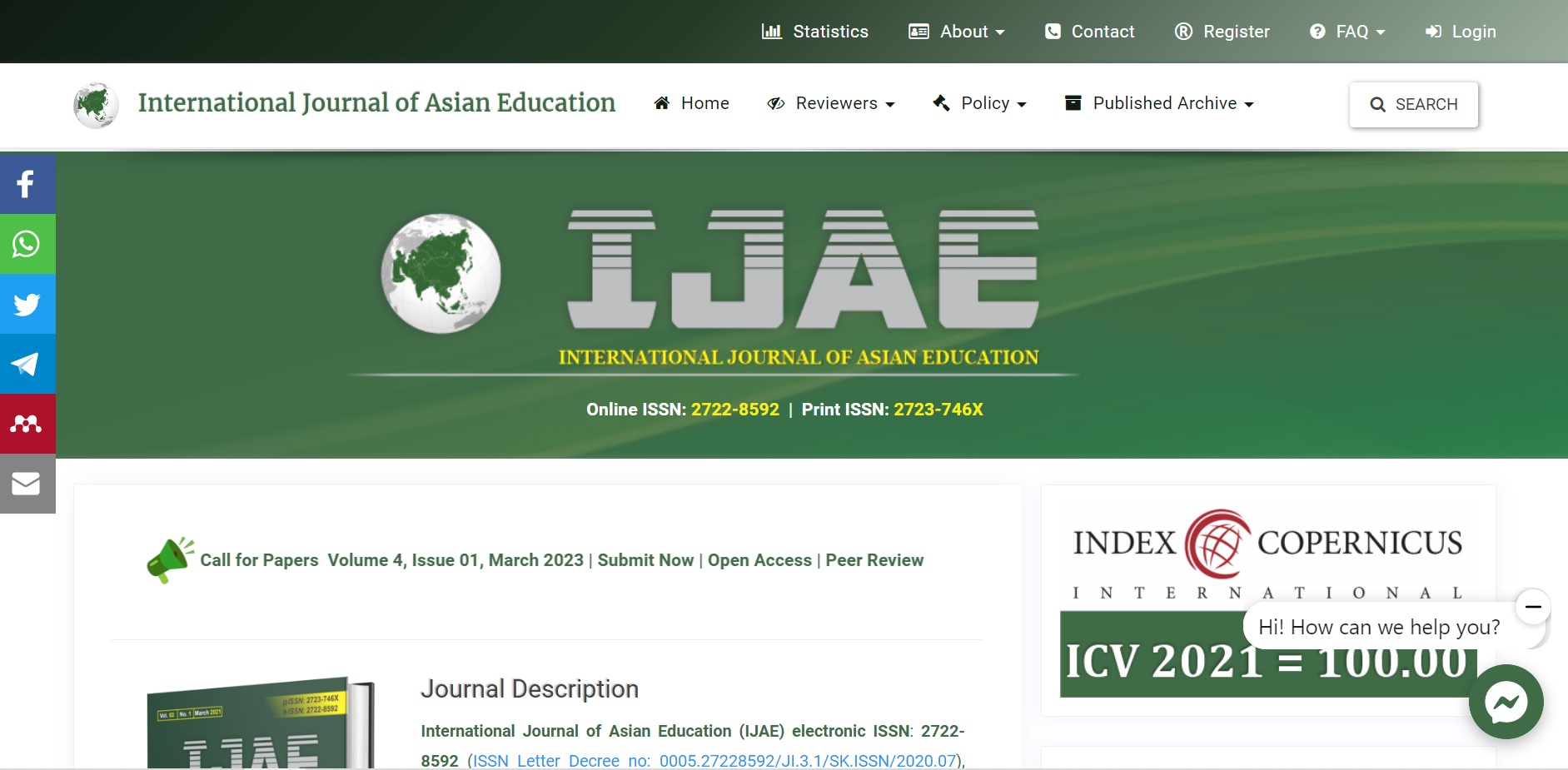
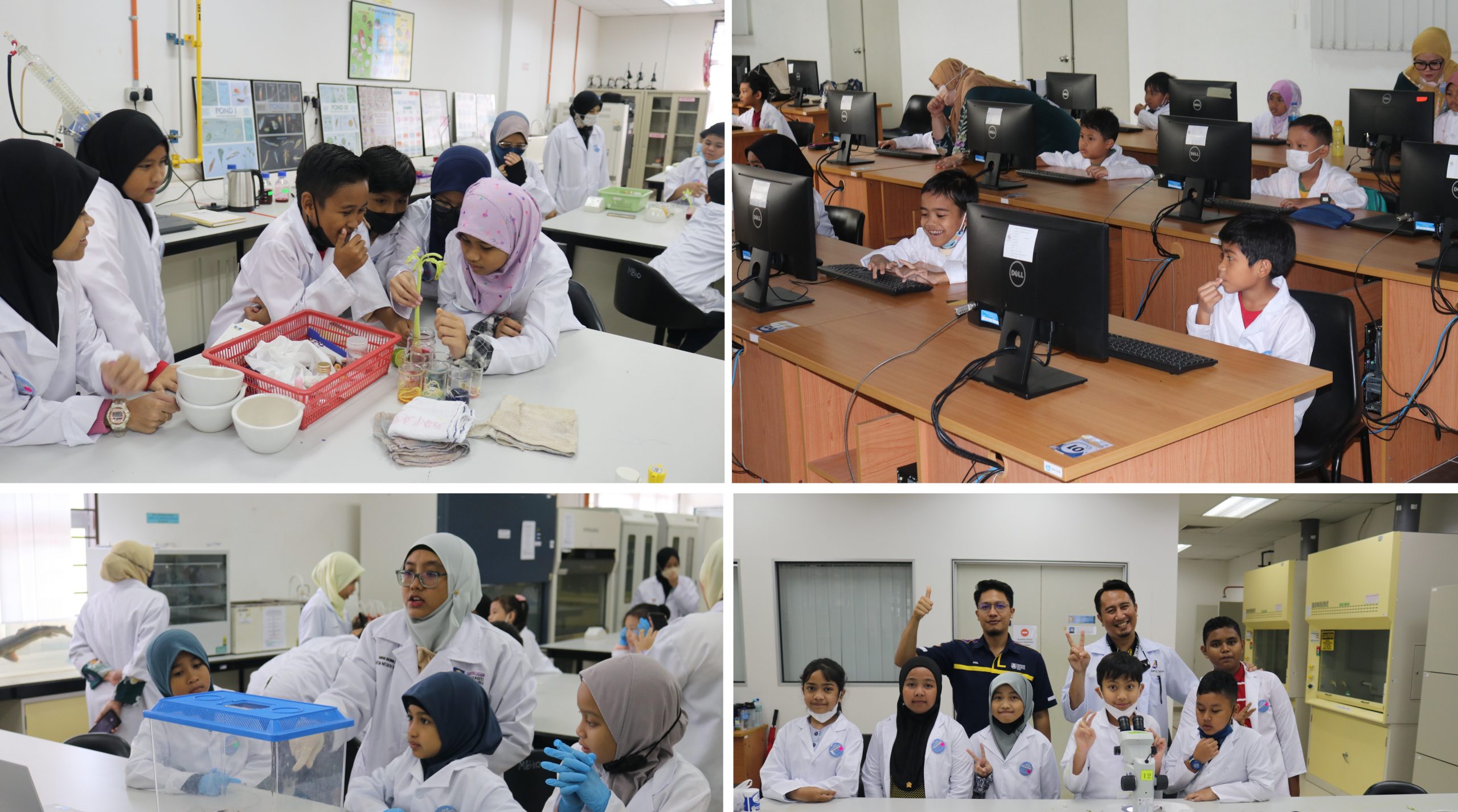
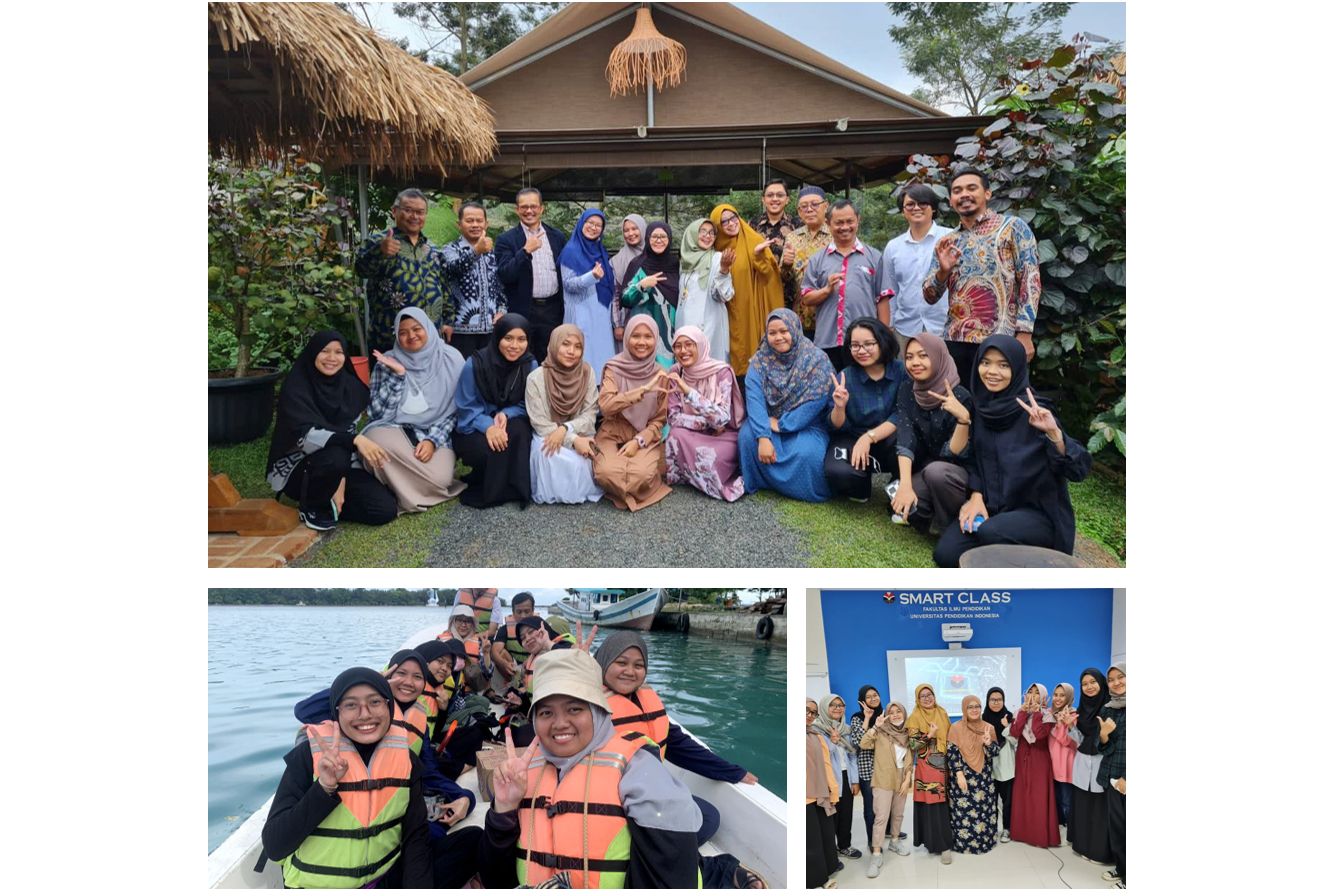
.png)
